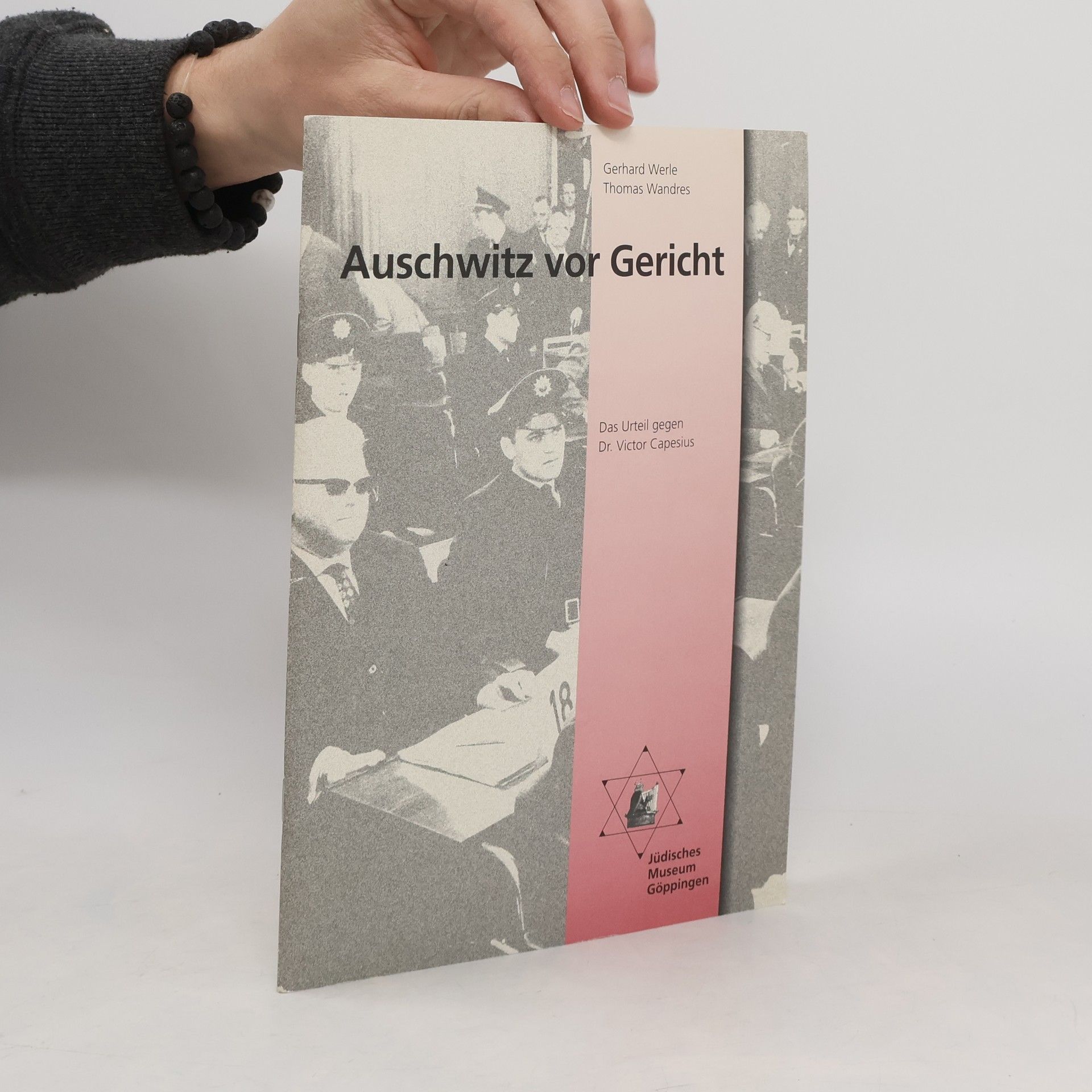Völkerstrafrecht
- 997 Seiten
- 35 Lesestunden
Das Lehrbuch zum Völkerstrafrecht bietet eine fundierte Analyse der Grundlagen und des Allgemeinen Teils des Völkerstrafrechts sowie der spezifischen Völkerrechtsverbrechen. Es berücksichtigt aktuelle internationale Rechtsprechung und Literatur und enthält neue Abschnitte zu kritischen Themen wie der Fragmentierung des Völkerstrafrechts und den Kriegsverbrechen in Syrien und Nordirak. Zudem wurden die Kapitel über Sklaverei, sexualisierte Gewalt und Angriffe auf Kulturgüter umfassend überarbeitet. Weitere Schwerpunkte sind die Quellen und die Auslegung des Völkerstrafrechts sowie die strafbare Beteiligung und Immunität.


